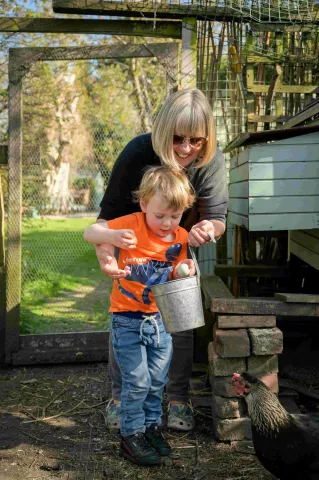If you have not already tried to get help and advice, do so now. Some advisers may be able to help do some of this preparation for you. If you are lucky enough to find someone who can help with the preparation, make sure you are clear which things your adviser is going to do for you, and which you need to do yourself.
Manage your appeal
It is a good idea to sign up to the Manage your appeal service. This service enables you to keep track of how your appeal is progressing, and you can use it to upload evidence (including audio and video evidence if you want to). It will send you texts or emails to let you know that the DWP have responded to your appeal, to confirm evidence has been received, and when your hearing date has been scheduled.
If you asked for an appeal online and gave them your email address, you will have received an email with a link to help you sign up. If you did not, you can sign up by calling 0300 123 1142 Monday to Friday, 8:30am to 5:00pm or by emailing [email protected]. If you ask by email, you will need to include your child's National Insurance number, date of birth and postal address.
Getting help
If you are not getting any professional help to prepare for the hearing, you might want to ask somebody else to help you. You may not need any help, but it might stop it from feeling too stressful. This is particularly useful if you are not very confident with paperwork or deadlines. If you do think it might be useful, think about who you could ask - do you have a family member, friend, or someone who helps you who is good with paperwork and organising things?
Support groups
Online and other support groups can sometimes be very helpful. There may be other people who have had the same problems getting DLA for their children, who can give you emotional or practical help.









